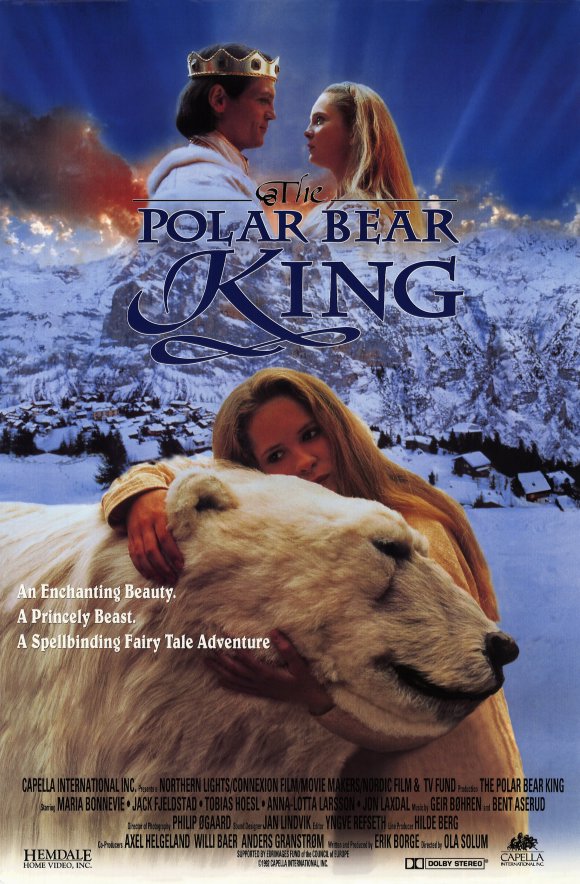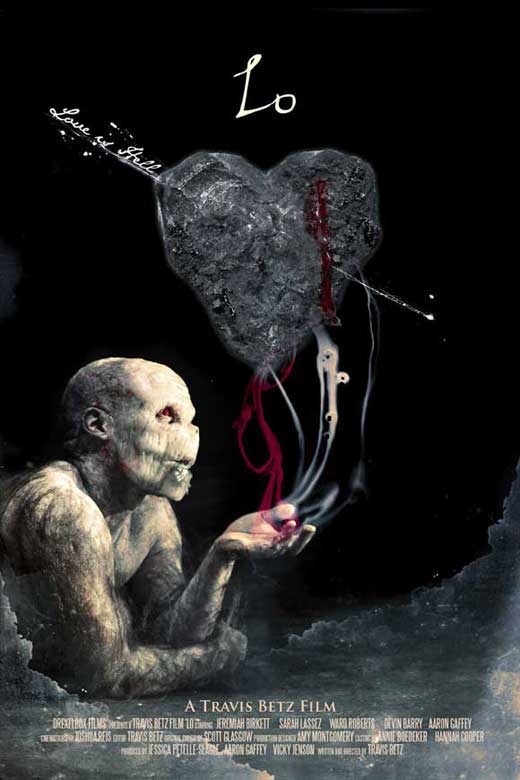Galavant
Original airdate: January 2015
Original US broadcaster: ABC
Episode total: 8
Availability: Streaming on Hulu
Grade: C+
Summary from Rotten Tomatoes: "A medieval hero fights to win back the love of his life, Madalena, from the evil king who stole her in this musical comedy."
At a length of only eight episodes, Galavant manages to cover a significant amount of plot with numerous twists along the way. Within the first two or three episodes, the synopsis from Rotten Tomatoes and IMDB has been discarded, as Galavant shifts his focus to helping Isabella, the princess of Valencia, rescue her parents from King Richard, who has overthrown the kingdom along with his new bride, Madalena. Add numerous side plots, ranging from land pirates to an adorable relationship between Richard's cook and Madalena's handmaid, and there's almost too much stuffed into each 22 minute episode.
Despite the pedigree of the show's composer, Alan Menken, the majority of the tunes are woefully forgettable with a few exceptions (the title song, which is reprised so many times it's impossible to forget, and a riff on Sweeney Todd's human pies sung by the cook and maidservant). I don't believe it's Mr. Menken's fault, however. It's the format that's damaging. Stuffing 3 or 4 songs into 22 minutes seldom works for children's shows, let alone adult fare, and here many of the songs fall flat. While the writing on Smash may not have been the best, nearly every song on the show had a purpose, which is something that cannot be said of the songs on Galavant. Perhaps in its second season it will expand into an hour-long format and combat this problem.
My other qualm with the show was its plethora of potshots and cheap jokes. Given its renewal and vocal fanbase, I'm apparently in the minority, but I was expecting witty dialogue, puns, and wordplay for some reason, not sex jokes and stereotypes (see the episode where the group visits the squire's Jewish village for reference).
Regardless of the issues I had with the show, I am glad to see something on US TV that's at least trying to break the mold, even if it's not entirely successful. Here's hoping season two is better.
Original airdate: January 2015
Original US broadcaster: ABC
Episode total: 8
Availability: Streaming on Hulu
Grade: C+
Summary from Rotten Tomatoes: "A medieval hero fights to win back the love of his life, Madalena, from the evil king who stole her in this musical comedy."
At a length of only eight episodes, Galavant manages to cover a significant amount of plot with numerous twists along the way. Within the first two or three episodes, the synopsis from Rotten Tomatoes and IMDB has been discarded, as Galavant shifts his focus to helping Isabella, the princess of Valencia, rescue her parents from King Richard, who has overthrown the kingdom along with his new bride, Madalena. Add numerous side plots, ranging from land pirates to an adorable relationship between Richard's cook and Madalena's handmaid, and there's almost too much stuffed into each 22 minute episode.
Despite the pedigree of the show's composer, Alan Menken, the majority of the tunes are woefully forgettable with a few exceptions (the title song, which is reprised so many times it's impossible to forget, and a riff on Sweeney Todd's human pies sung by the cook and maidservant). I don't believe it's Mr. Menken's fault, however. It's the format that's damaging. Stuffing 3 or 4 songs into 22 minutes seldom works for children's shows, let alone adult fare, and here many of the songs fall flat. While the writing on Smash may not have been the best, nearly every song on the show had a purpose, which is something that cannot be said of the songs on Galavant. Perhaps in its second season it will expand into an hour-long format and combat this problem.
My other qualm with the show was its plethora of potshots and cheap jokes. Given its renewal and vocal fanbase, I'm apparently in the minority, but I was expecting witty dialogue, puns, and wordplay for some reason, not sex jokes and stereotypes (see the episode where the group visits the squire's Jewish village for reference).
Regardless of the issues I had with the show, I am glad to see something on US TV that's at least trying to break the mold, even if it's not entirely successful. Here's hoping season two is better.









